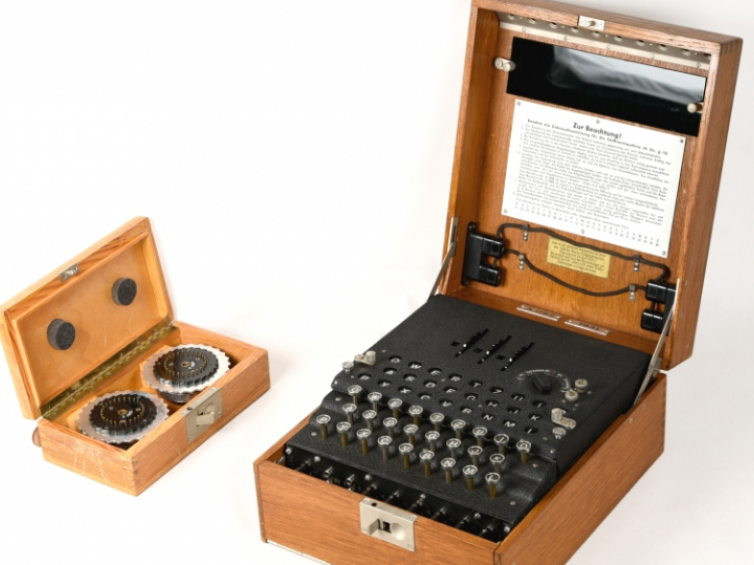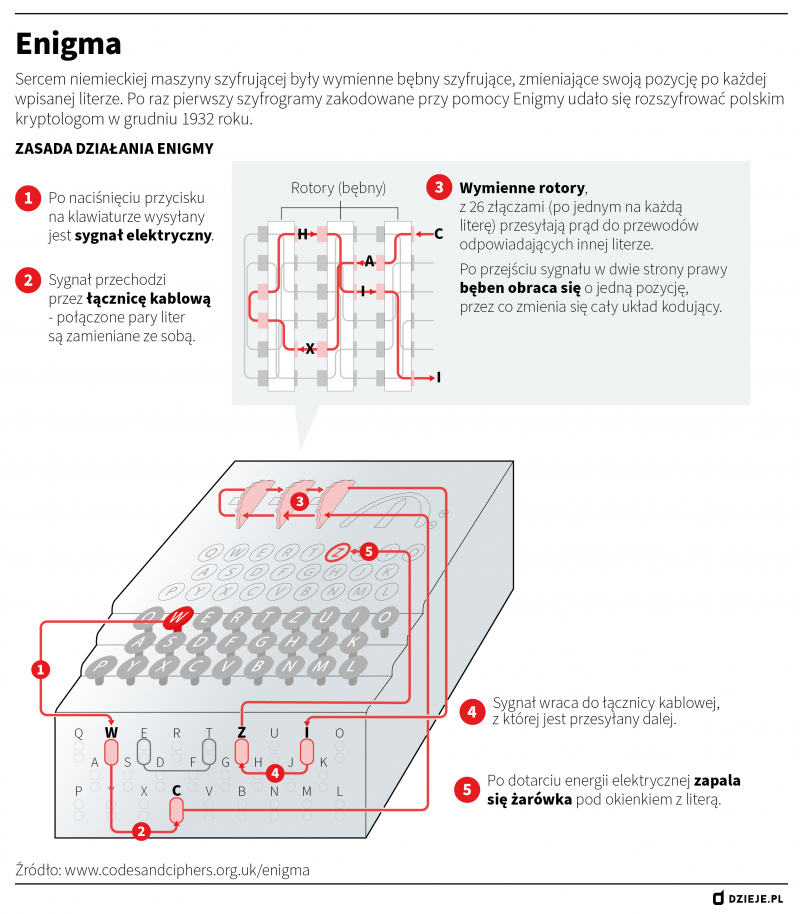NATAN SHARANSKY AND BERNARD-HENRI LÉVY
An exchange between Bernard-Henri Lévy and Natan Sharansky, from the recent Tablet event in partnership with the Jewish Confederation of Ukraine.
.
Questioner: I know there’s a lot of sympathy for the Ukrainians right now —there’s the country that’s been invaded, with innocent children and the women. But as a child of Holocaust survivors, a lot of people that I speak to can’t dredge up much sympathy for the Ukrainians and how they were chewing gum as they shot us in the mass graves at Babi Yar.
Natan Sharansky: Thank you for saying it because it was just a topic that I wanted to raise and there was no time. There’s so many people who died in the Holocaust in my family, and I am the chairman of the Babi Yar Memorial. I’m dealing all the time with the victims. And I hear all the time from very good people and some of my close friends that they have sympathy to the suffering of every child. But they cannot make themselves feel solidarity with Ukraine as a state or Ukrainians as a nation knowing what a terrible history there was there, first with the Chelminitsky pogroms, which were terrible, and of course with the Holocaust. And I can tell you my answer.
First of all, antisemitism is not something which was specific for Ukraine or any other land. Antisemitism is the most ancient hatred, which rises regularly whenever people need to hate the other.
So even if you think about some nice places in the Alps in Switzerland, remember that the whole Jewish community were burnt alive in order to avoid plague there. And if you enjoy traveling to Spain, the thing that you see is Ferdinand and Isabella, big heroes of today’s history of Spain, who exiled half of the Jewish people. Or think about Provence, a great place, I enjoy it there very much. Only think of what Crusaders did there, the terrible massacres of entire Jewish populations.
So if we Jews will start building our relationship with the world on the basis of what they did to us, we should move to another planet.
Second, our sages are giving very good advice. I am not a rabbi, but I was advised to read this comment of Rashi on the chapter when Hagar and Ishmael are sent to the desert, and Ishmael almost dies from thirst. He has no water.
And then God says to Hagar, “Don’t be afraid. I’ll help your son as he is,” and he helps Ishmael. And then the comments of our sages is that the angels of the heavens revolt and said, “Ah, you’re helping him? Don’t you know how many awful things his people will do to our people?” And God says to them, “Now at this moment, is a child innocent or guilty?” And they say “innocent.” So I’ll judge everybody in his time and that’s our way. It means that we have to deal with the people at this time.
The people of Ukraine at this time, not only, as Bernard said, by the way, have the lowest level of neo-Nazis in Europe. You have to understand that when these neo-Nazis that Putin speaks about so much, when they tried to go to election, they didn’t get 1%. They didn’t get one-tenth of 1% of the vote.
And think about many countries in Europe where it is different. And of course half of the Ukrainian government is Jewish, and openly Jewish. And Zelensky is not only speaking about his Jewishness, but about his deep love for Israel. And they were all elected in free elections.
And above and beyond all this, it so happened that God, providence, history, has put Ukraine and its people in the unique position of being defenders of the free world. So let’s judge Ukraine in this time, as God told us.
.
Questioner: I agree totally that we have to close an eye about the past of Ukraine, because today what is very important is freedom and democracy.
Bernard-Henri Lévy: No, no, no. That’s not enough. Of course, the questions of democracy and freedom are important. But if the Ukrainians were still the antisemites of the past, which they would have been if they did not have done the work of memory, of mourning and of sorrow, which they did do, I would certainly not support them as much as I do. One of the reasons why I support them with all my heart is because they did the work. Because they looked in front of their past. They considered the crimes of their grandfathers or fathers. They decided though difficult and painful as it is, to look at them in the eyes and to do the work that ensures that such crimes will not to be repeated.
I had the honor to be there to represent my country the day of the inauguration of the Babi Yar Memorial. I’m not a fan of the way the Babi Yar Memorial is conceived and built, but there is a memorial, and I was there. It was the day before the burial of the late President of Israel Shimon Peres. There were the president of Germany, the president of Israel, the president of Poland, President of the EU Donald Tusk, and a few others. And I was representing my president, of France. I was there for a few days before, and I interviewed the leaders of the Jewish communities, the leaders of the parties, people of the civil society, and so on, and so on, and then I delivered a speech there in the name of myself and of my country. You can find it on YouTube.
And what I said, and what I really believed is that there are few examples of a nation doing so thoroughly and so quickly the deep work of digging in the darkest depths of its own crimes, and putting them into light, and doing the job necessary so as not to repeat them. This is Ukraine today. This is Babi Yar.
Another thing which goes in the same sense. I was on the Maidan, the central square in Kyiv, in 2014, during the Revolution of Dignity, the great popular uprising. And as in all popular uprisings, people say exactly what they want. There is an absolute freedom of speech. I spoke twice on the Maidan, once in February, another time in March. And I spent a reasonable amount of time there. I saw and I heard what people were saying, and I tried to read the graffiti which were written on the walls. And as I expected, every wise thing could be read on the walls, like in May ’68 in France. Great slogans, great popular imaginations—and huge stupidities were written as well, of course. As in all moments of complete freedom, everything is said.
I observed a very strange thing. The only stupidity which I did not hear, the only stupid or crazy or mad slogan which I did not read on the walls, was antisemitic slogans. In these moments, February, March of absolute freedom, where the freedom of expression was total, the only free expression which did not pop out was the antisemitic one.
This was very strange. Maybe such slogans were written after I left, maybe they were there before I came. But I can tell you that during these two months, all craziness except this one were all present, and all wise courageous words also. And among the craziness, this one was not heard. And as a result, as Natan just said, when the extreme right and antisemitic parties run for election, they have the lowest levels of approbation and votes in the polls of all Eastern and Central Europe, and much less than in France. The extreme right-wing party is 15 times weaker in Ukraine than it is France, to our shame.
On the opposite side, if you look at Russia—I’m sorry, but it‘s a fact—this work which is half done, maybe three quarters done by Ukraine, is barely touched. They are very far from understanding of their own criminal past. They are very far away on the road. Since 1989 and ’91 Russia did not even start understanding her own past. The work is not even on the way.
By the way, last point, I don’t know if it is well known here, when the Russians say that the Red Army liberated, or contributed to the liberation of Europe from Nazism, it is true. But what they never say is that inside the Red Army you had all components of the Soviet Union, including Ukrainians, of course. Those who liberated the camp of Auschwitz were the First Ukrainian Front, which was not only composed of Ukrainians, but a majority of whom were Ukrainians.
And the soldier who had the terrible dark privilege to enter first into Auschwitz, to first look into what was left of the eyes of the detainees of Auschwitz, was a Ukrainian Jew called Anatoliy Shapiro, I think. He was a tankist, and he was a Ukrainian Jew. He was one of the first to enter and to liberate Auschwitz.
So all of that has to be taken into account when a Jew tries to reflect on this situation and to act properly. And when I decided to engage myself so strongly, to devote all my time, to put part of my life at stake in the cause of Ukraine, all that I’m saying now was in my mind.
Natan Sharansky, Chairman of the executive of the Jewish Agency for Israel, was a founding member of the Moscow Helsinki Group and spent nine years in the Gulag for his human rights activities.
Bernard-Henri Lévy is a philosopher, activist, filmmaker, and author of more than 30 books including The Genius of Judaism, American Vertigo, Barbarism with a Human Face, Who Killed Daniel Pearl?, and The Empire and the Five Kings. His most recent book, The Will to See: Dispatches from a World of Misery and Hope, was published on October 25, 2021 by Yale University Press.
 Egzemplarz przedseryjny Enigmy i jedna z pierwszych maszyn szyfrujących, jakie trafiły na wyposażenie armii niemieckiej. W kolekcji Muzeum Historii Polski. Źródło: MHP/T. Nowacki
Egzemplarz przedseryjny Enigmy i jedna z pierwszych maszyn szyfrujących, jakie trafiły na wyposażenie armii niemieckiej. W kolekcji Muzeum Historii Polski. Źródło: MHP/T. Nowacki Złamanie kodu Enigmy – 90. rocznica
Złamanie kodu Enigmy – 90. rocznica Odczytanie Enigmy w sylwestra 1932 r. nie oznaczało, że wysiłki Rejewskiego i jego kolegów okazały się tylko sukcesem. Niemcy coraz szybciej komplikowali mechanizm Enigmy, m.in. poprzez zmiany kolejności i liczby wirników oraz połączeń na przełącznicy kablowej.
Odczytanie Enigmy w sylwestra 1932 r. nie oznaczało, że wysiłki Rejewskiego i jego kolegów okazały się tylko sukcesem. Niemcy coraz szybciej komplikowali mechanizm Enigmy, m.in. poprzez zmiany kolejności i liczby wirników oraz połączeń na przełącznicy kablowej.


